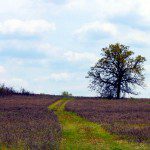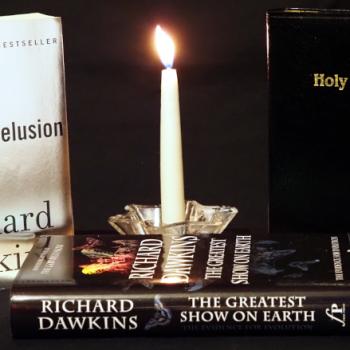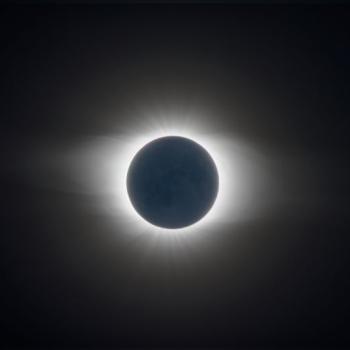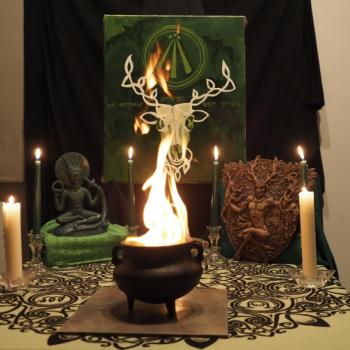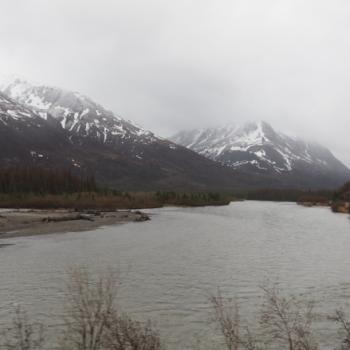Over the last week or so I’ve seen quite a few people offering opinions on the place of ancient heritage in contemporary Paganism. Some believe we need to rebuild the religions of our pre-Christian ancestors, making only those allowances for modernity as are absolutely necessary. Others think any focus on the past is a distraction from the important work of living fully here and now.
The Big Tent of Paganism is big enough for both approaches and I’m enjoying the conversation. It encourages us to think about the place of heritage in our own religions and practices instead of mindlessly accepting whatever we’ve been taught. As you might imagine, I also have an opinion on the place of ancient heritage in Paganism… a rather strong opinion.
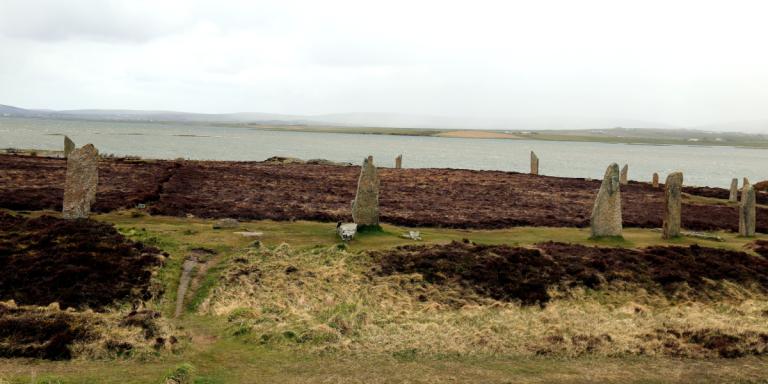
Separate heritage from ancestors
My Paganism rests on a foundation of mighty ancestors. I owe a debt of honor and gratitude to those who came before me: both my ancestors of blood without whom I literally would not be, and my ancestors of spirit without whom I would have no paths to travel.
Honoring ancestors is an intuitive practice – even the most devout Christians and the most committed atheists have pictures of grandparents on their walls. There are many ideas about how to honor them and what it means to honor them, but that we should honor them is a given in many religions, Pagan and otherwise.
However, honoring our ancestors does not mean automatically adopting their beliefs and practices. As far as I know, all my recent ancestors were Christians – I broke that tradition. All of them had children (obviously – that’s a requirement to be a physical ancestor) – I broke that tradition too. My dress, my diet, my travels, and my positions on various social issues are very different from theirs.
I honor my ancestors for who they were and what they did, while still living my own life here and now. But while I don’t have to incorporate ancient heritage into my Paganism, it’s often helpful to do so.
Looking at the past puts the present in stark relief
In the introduction to The Path of Paganism, I wrote:
We all like to think we’re independent, sophisticated freethinkers. But like fish who aren’t aware of the water in which they swim, even the most mindful of us can’t see all the Christian and materialistic concepts that influence our thinking and our lives. If we simply begin studying Paganism in isolation, our new religion and new spirituality will be built on the foundation of our mainstream society.
We all have assumptions in our lives – things we’ve always been told are true and that we don’t question. Many times we don’t recognize them as assumptions – we think they’re just the way things are.
Investigating the beliefs and practices of our pre-Christian ancestors shows us there was a time when religion wasn’t about what you believed, it was about what you did. There was a time when how you would be remembered was more important than where a priest told you you’d go after you die. There was a time when people lived close to the land.
There was also a time when life was short, hard, and uncertain (and it still is for many). Not all modern changes are bad. We overuse technology, but I’d rather have it than not.
Things don’t have to be the way they are. Studying our ancient heritage shows us another way.
Our ancient heritage provides context for our religious experiences
You had a dream that was so real you question whether it was a dream. You see signs and omens in the natural world that should not be, but there they are. You feel a calling to deeper practice and deeper work. You have a powerful experience for which you have no words.
Our mainstream culture has very limited context for these experiences: either you’re mentally ill, you’re grossly naïve and uneducated, or you’re making it all up. And yet you know you’re telling the truth, you navigate ordinary life just fine, and your ability to properly identify cause and effect remains strong. Rather than dismiss experiences that don’t fit neatly into the materialist box, let’s knock down the walls of the box and consider some alternative contexts.
The stories of our ancient ancestors tell of Gods interacting with humans. They tell of wandering into unfamiliar territory and finding yourself in the Otherworld. They tell of magic worked both by humans and by other-than-human beings. We still have the remnants of places where the Gods were worshipped, where oracles made proclamations, and where people participated in transformative rituals.
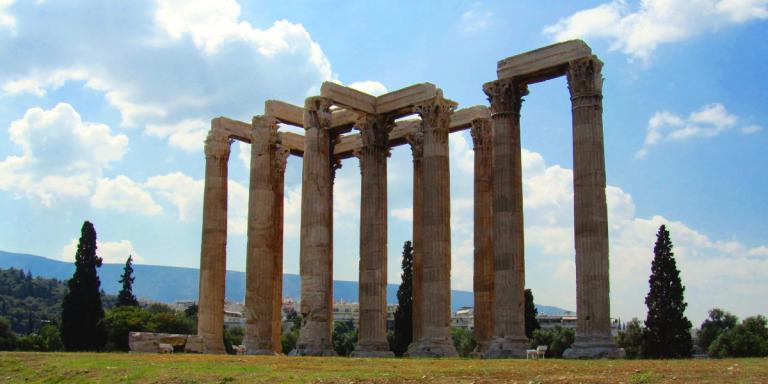
Our ancient ancestors were not “primitive.” Neither are the cultures and communities where animist, polytheist, and magical beliefs and practices continue to this day. That is the conceit of Victorian imperialists and their Anglo-American descendants. Biologically and intellectually, they’re us.
Let’s find context where we can. If the modern world can’t provide it, the ancient world can.
Our ancient heritage helps answer the questions “who am I?” and “where am I from?”
“Who am I?” and “Where do I come from?” are questions nearly everyone asks at one time or another. These questions are deep, and they’re especially complicated for those of us who don’t fit into the mainstream culture. We live in a consumer culture, but that’s not who we are. We honor our Christian ancestors, but we don’t follow their religion.
When I first read about the ancient Druids, something inside me clicked. We don’t know much about them, but we do know they were priests, advisors, and keepers of records and lore. I have no direct connection to them, but the heritage of Druidry – both ancient and revival – helps me find my place in this world. When we explore the heritage of our ancient ancestors, we find and make connections.
We need to be respectful to people in living cultures and traditions. My ancestors came to the United States from Ireland (among other places), but I am not Irish, and short of moving to Ireland and living there long enough to become a citizen, I will never be Irish.
But the Gods, the history, and the land of Ireland called to me. In answering that call, I came to a better understanding of who I am and where I’m from.
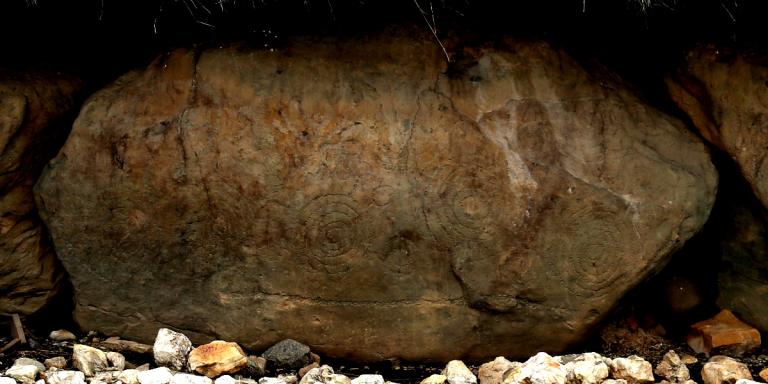
Blending the old and the new
Embracing the heritage of my ancestors (both of blood and of spirit) helps me see the present as it is, it helps me understand who I am, and most importantly, it provides context for my spiritual experiences. But at the end of the day, I am not an Iron Age Celt or a Pharaonic Egyptian. I’m a 21st century American, trying to build the best life I can here and now. My Pagan practice has to address my needs and concerns and the needs and concerns of today’s world. It is not good to live in the past and forget to live for today.
So, what’s the place of ancient heritage in contemporary Paganism? That’s a question each of us must answer for ourselves. As for me, it’s near the top of the list.


